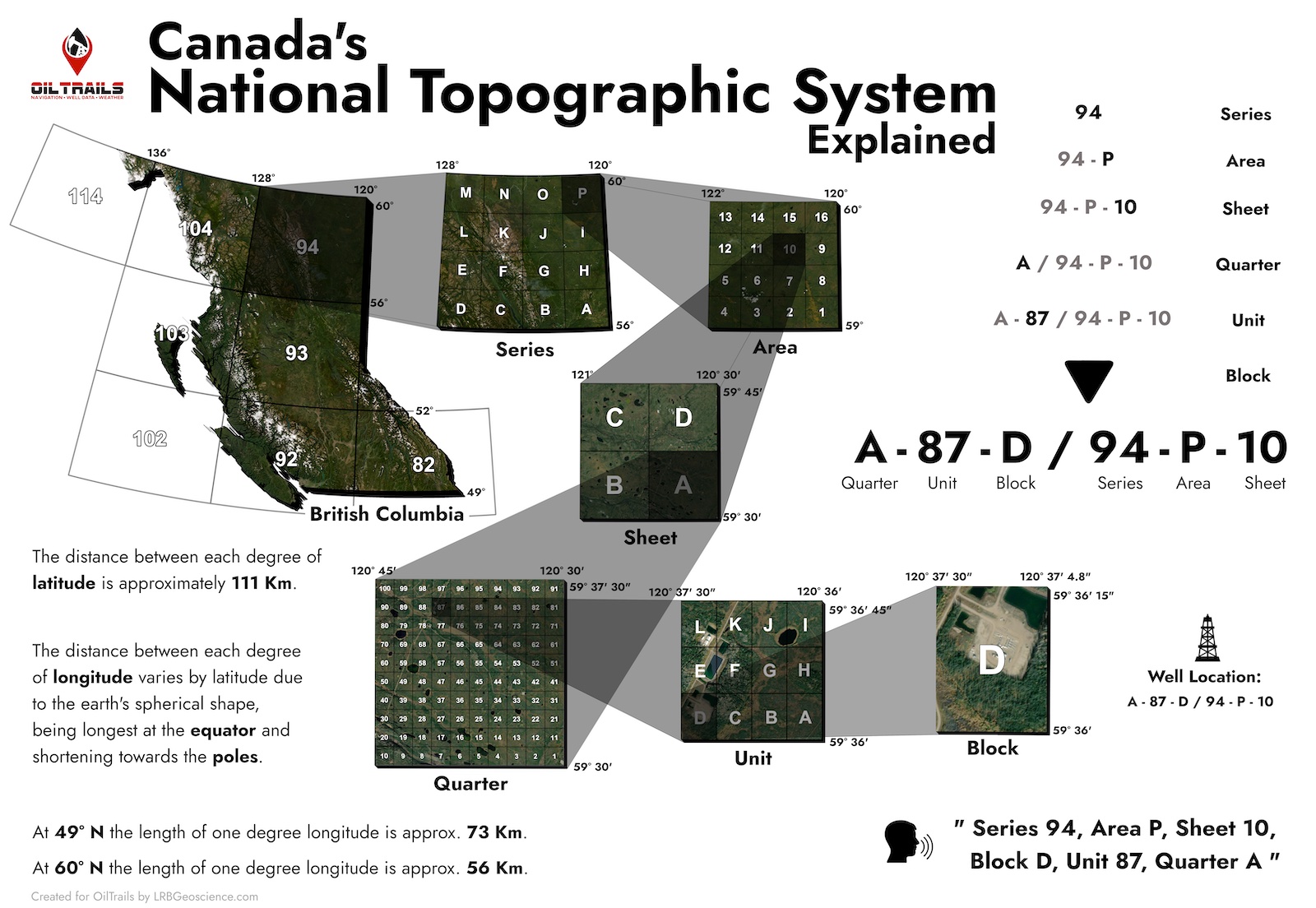NTR & Netorare: Exploring Infidelity In Anime & Manga | Explained
Is there a genre in manga and anime that consistently sparks both fascination and controversy? The answer is a resounding yes, and it revolves around the complex themes of infidelity, betrayal, and the raw emotional responses they elicit a world often referred to as Netorare and Netori.
Netorare, often shortened to NTR, is a subgenre that delves into the painful experience of losing one's partner to another. This can manifest in various ways, from outright seduction to more subtle forms of emotional connection. The stories explore the depths of jealousy, heartbreak, and the anguish that comes with the violation of trust. Netori, on the other hand, flips the script, focusing on the protagonist's act of seducing or "stealing" someone else's partner. Both genres, while distinct, tap into the universal experiences of love, loss, and the complexities of human relationships.
To understand the nuances of these terms, it's important to delve into the key differences between NTR and NTS. While NTR is the umbrella term, it is worth exploring the intricacies of each term. For a more authoritative understanding, we turn to insights from language experts and linguists, particularly those who study how acronyms evolve over time. Professor Jane Smith, a leading linguist at XYZ University, notes that acronyms like NTR and NTS reflect the dynamic nature of language and how they adapt and change depending on the context.
- New Fantasy Adventure Alyss Quest In The Lost Lands
- Sky Cinema More Exploring The Content What You Need To Know
One must tread carefully, as it's crucial to differentiate between the genre's themes and real-world events. The exploration of betrayal within these narratives doesn't equate to the endorsement of such actions in reality. As with any form of art, it is a way of analyzing and critiquing complex human behaviors.
NTS, on the other hand, often stands for "Not That Serious," and it's frequently used in casual conversations, especially regarding relationships or friendships. The key difference lies in the intent and scope. While NTR explores deep emotional and often sexual betrayals, NTS is typically more lighthearted and doesn't delve into the same level of intensity.
The genre's complexity is one of the most commonly cited reasons for its unpopularity, though it simultaneously acts as a guilty pleasure for some. This dichotomy is a key feature in the fandom, with fans exploring these themes as they explore the spectrum of human emotion.
- Kannada Movies 2023 Releases Reviews Where To Watch
- Sky Cinema Alternatives Your Movie Guide Safety Check
NTR, or netorare (also written as \u5bdd\u53d6\u3089\u308c), is a Japanese term that can be translated to mean "to be stolen from," or "to be robbed." This captures the core concept of the genre, where a protagonist's partner is taken away by another character. This can involve everything from emotional manipulation to sexual encounters, the crucial element being the loss of a romantic partner to a rival.
The word itself is a compound of Japanese words. The first, \u5bdd (ne), can be interpreted as "sleeping," which in this context, symbolizes the act of a lover being with someone else, essentially cheating. The second word, \u53d6\u3089\u308c (torare), is a noun derived from \u53d6\u3089\u308c\u308b (torareru), which means "to be stolen" or "robbed."
Fans often share their strong opinions about these plots. Some enjoy exploring the main character's emotional journey and find these emotions to be compelling. Others find these emotions uncomfortable or repelling. This division creates an interesting conversation on the nature of the genre and its audience.
The term NTRS is an abbreviation of netorase (\u5bdd\u53d6\u3089\u305b), which is a different type of netorare. The term refers to a form of NTR where there is a level of emotional engagement. For this reason, this term is often seen as being more serious than the original definition.
There is another interpretation of the word, one that is rooted in a real-world scenario that's a lot darker. In this form, NTR is related to rape. The term is an umbrella term for a specific type of scenario. A couple (or people in love) are deeply attached to each other. Then a character comes along and rapes one of the partners. This form of NTR is widely considered to be inappropriate by most people and is a key example of the controversial nature of the genre.
It is also worth noting that NTR is not always negative. As some say it is just horniness, lust and good artworks from NTR that satisfies them. The main idea of this genre is to provoke jealousy in the audience by proxy.
There is ongoing discourse surrounding the classification and definition of these terms, leading some fans to use "NTRR" to differentiate netorare from netori, further underscoring the complex and evolving nature of this subgenre.
As seen in the above explanations, the terms are not static, their definitions are ever evolving. It's best to understand the context when discussing these terms. This will provide the best insights.
| Category | Details |
|---|---|
| NTR (Netorare) | A genre or theme exploring the emotional and often sexual betrayal of a protagonist, typically involving the loss of a partner to another character. |
| Netori | The subgenre that focuses on the protagonist's seduction of another's partner. |
| NTS | Stands for "Not That Serious", often used in casual contexts, particularly regarding relationships or friendships. |
| Common Themes | Infidelity, Betrayal, Jealousy, Heartbreak, Anguish, Loss of Trust, Cuckoldry (in some cases) |
| Primary Focus | The emotional and/or sexual experience of betrayal and the impact on the characters involved. |
| Emotional Impact | Evokes strong emotions such as jealousy, heartbreak, and anguish in the audience. |
| Common Mediums | Manga, Anime, Hentai, Fanfiction |
| Controversy | Often considered a guilty pleasure by some and is also criticized by others. |
| Audience Reaction | Reactions range from enjoyment of the emotional exploration to discomfort or repulsion. |
| Alternate Terminology | Some fans use "NTRR" for netorare and "NTR" for netori. |
NTR (Netorare) is a deeply ingrained subgenre within hentai manga and anime, frequently centered on the concept of cuckoldry, where the observer derives sexual satisfaction from witnessing their partner's intimate involvement with another individual. This element adds a layer of complexity, as the audience's emotional response, including both arousal and jealousy, is directly influenced by the unfolding narrative. This is a crucial element of this genre.
NTS is also the name of a global radio platform broadcasting music from over 50 cities around the globe, live 24/7. It's a wholly separate entity to the discussions mentioned previously.
In conclusion, the terms NTR and NTS highlight the multifaceted landscape of modern media. This demonstrates how the media reflects complex human behavior. As the genres are explored through a wide variety of media, the public's opinions and discussions are also wide-ranging. Therefore, It is important to consider these terms as you examine them.
Its crucial to approach this topic with sensitivity and recognize that the depiction of these themes in fictional works does not condone or glorify such actions in real life.



Detail Author:
- Name : Claude Anderson
- Username : eldon73
- Email : jwalsh@lockman.com
- Birthdate : 2003-07-17
- Address : 534 Medhurst Mountain Reymundochester, TN 38280-1381
- Phone : 1-352-306-0211
- Company : Jacobi, Lueilwitz and Hand
- Job : Board Of Directors
- Bio : Repudiandae qui enim eaque repellat nihil qui quia. Cupiditate pariatur assumenda est iste ipsum et. Nam deserunt sed architecto voluptas quam atque.
Socials
tiktok:
- url : https://tiktok.com/@muellern
- username : muellern
- bio : Velit mollitia rerum tenetur placeat.
- followers : 5133
- following : 2373
linkedin:
- url : https://linkedin.com/in/neva3097
- username : neva3097
- bio : Sint nemo non id voluptatem ut qui suscipit.
- followers : 270
- following : 951